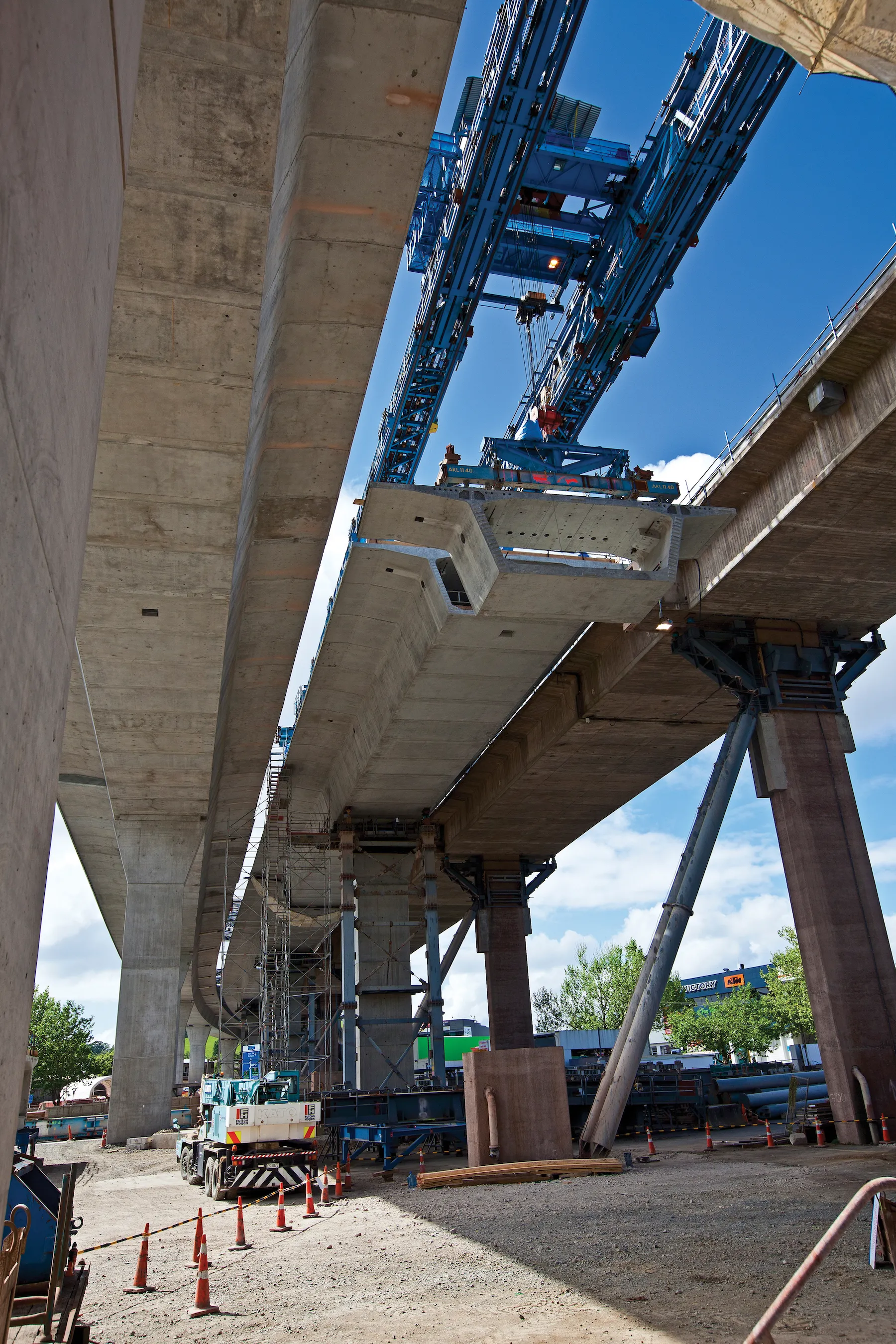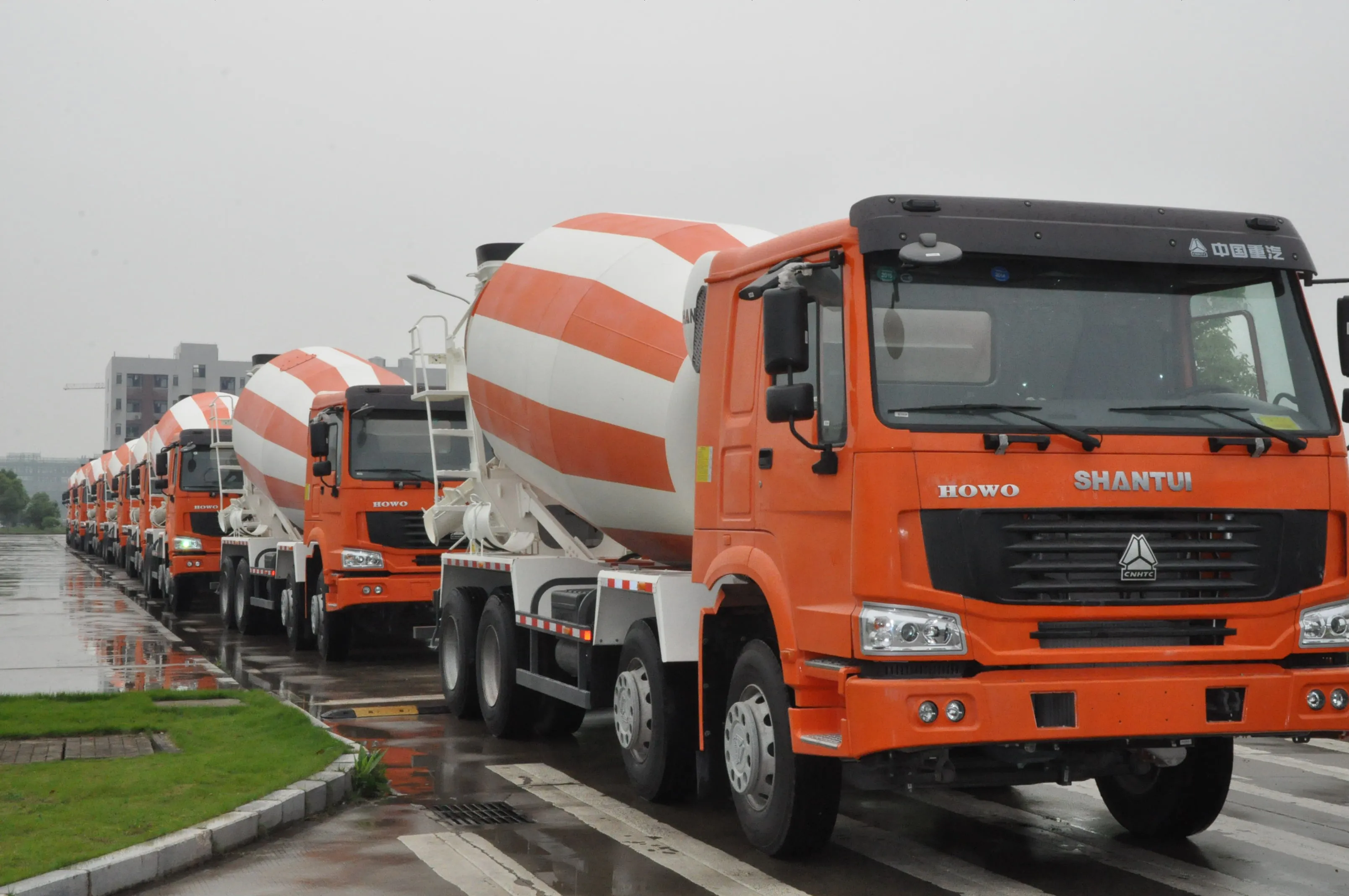Bogdan was speaking about the Cluj-Napoca section of the Transylvanian Motorway, a massive 415km, four-lane highway featuring more than 300 bridges, 70 overpasses and 19 interchanges. It is the largest highway project in Europe. When complete in 2013, it will connect central Romania with the country's northwestern border with Hungary. And it will make what is now a tough ten-hour tour into a smooth three-hour breeze.
This sleek new €2.2 billon (US$3 billion) national highway will bring the country's infrastructure in line with that of its new economic partners. The road will ease traffic jams, improve safety, and open up the country to new possibilities for tourism and trade, likely becoming the preferred route between the Black Sea and Western Europe.
As part of its regular service to all its customers, local Cat dealer,
The road to prosperity
Road building is always good news for the local economy: it immediately creates new jobs and new skills in the project itself as well as driving demand for supporting products and services throughout the nation. But the sheer scale of this project represents a massive injection of energy into the Romanian economy. Currently, more than 3,000 Romanians (93% of the project team) are working on the motorway, and in 2010, at the peak of construction, that number will exceed 8,000.
When the road fully opens in 2013, it will be a powerhouse for Romania's economic development as it will open trade routes from central Romania to its European and Central Asian neighbours. In addition, the country is already gearing up for an expected 30% increase in tourism and many analysts predict that collateral investments will equal that of the motorway's €2.2 billon.
Bridge to the past and the future
Romania is a country with a rich history: not only was the region intensely colonised by the ancient Romans (hence the name: Romania), its history of civilisation stretches many millennia. In fact the oldest modern human remains in Europe were discovered here six years ago. Not surprisingly then, on a jobsite that spans 3,320 hectares the road builders have unearthed some rather special sites of historical interest. So far, 14 archaeological teams have retrieved hundreds of artefacts, and digs around Cluj revealed a 6,500-year-old settlement with huts and coloured pottery. "It's good to remember the past," says Bogdan of Bechtel. "But it's also good to think of the future, and we hope what we're building here will provide progress and prosperity for many years to come."Preparing the rural communities: School children, herdsmen and other locals are currently receiving road safety awareness training. This is backed up with free reflective bands on school satchels and horse-drawn wagons. The new motorway will pass through rural regions where the local communities live an uncomplicated life. That's why Bechtel and Enka are preparing the locals for the eventual arrival of large amounts of fast-moving traffic. The team has partnered with local traffic authorities on road safety training, and every project driver has taken defensive driving classes. So far, more than 800 Romanian children have learned theoretical and practical lessons in road safety, and 1,000 herdsmen and shepherds have been given reflective vests free-of-charge. Safety crews have even fitted out 100 horses with reflective collars.







